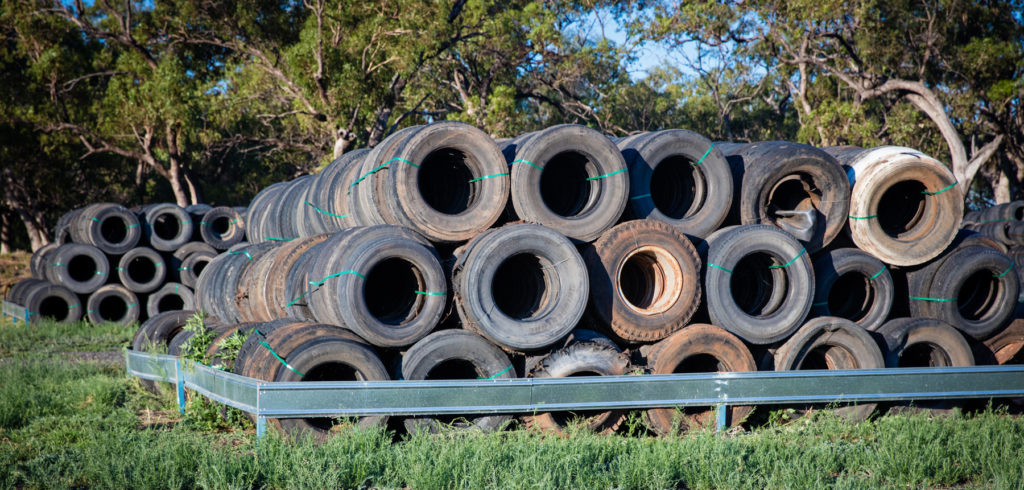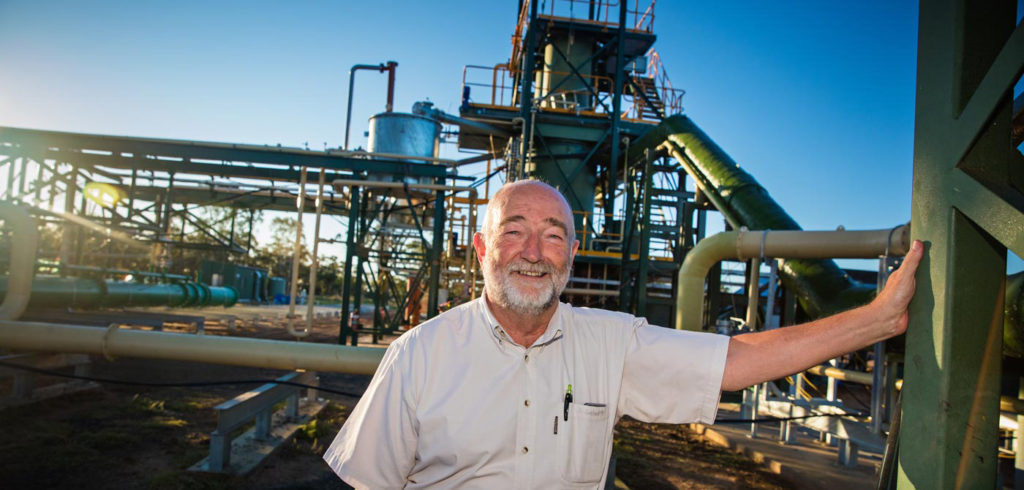Green Distillation Technologies is to build its first US tire recycling plant. Under a new agreement the company will receive funding of up to US$100m for the roll-out of additional plants in the USA, subject to the successful operation of the first one.
GDT’s chief operating officer Trevor Bayley, who was in the USA to sign the agreement, said that the deal comes as the result of a considerable amount of work to negotiate an effective and workable agreement in the light of numerous US enquiries about its technology.
“The USA, like most countries around the world, has a significant old tire disposal problem and generates in excess of 250 million end-of-life tires a year. In contrast, Australia reaches 25 million, but the number of old tires is increasing fast in India and China and the world total is now in excess of one and a half billion a year,” Bayley said.
“In the light of this burgeoning environmental disposal problem, our approach provides a recycling solution as we turn a problem into valuable and salable materials. For example, our oil has been described as light crude, which is low in sulphur and easy to refine into petrol, diesel, jet fuel and other petroleum based products.
“The carbon we produce is a high-grade product that has massive potential for sale as carbon, in the form of carbon black. This is one of the world’s most widely used chemical building blocks in many products ranging from tires, plastics and paints, water filtration, printer ink, paint, electrodes, graphene, toothpaste, and cosmetics including eyeliner, mascara, nail polish, eye shadow, blushes, rouge and lipstick.”
The steel reinforcing mesh and beading of the tire can be fully recycled into new tires or simply recycled as scrap steel.
“In Australia, we are planning to bring our processing plant at Warren in Western New South Wales up to full production in 12 months and our other planned facility in Toowoomba, South Queensland, for which we have received all the required government approvals, to full operation in 18 months. The projected cost of these two facilities is US$20m.
“We have explored other potential sites around Australia in Geelong, Wagga, Collie, Gladstone and Elizabeth as potential plant locations as our five-year plan calls for seven plants around Australia to handle 30% of the 25 million end-of-life tires Australia generates each year,” Bayley continued.
With six modules and operating 24/7, every plant processes a mix of 19,000 metric tons of tires per year. Each typical 10kg car tire will yield 4 liters of oil, 4kg of carbon, 2kg of steel; a 70kg truck tire will provide 27 liters of oil, 28kg of carbon, 15kg of steel; and a 4 metric ton oversize mining dump truck tire will yield 1.6 metric tons of carbon, 0.8 metric tons of steel and 1,500 liters of oil.
“Each plant is expected to need a permanent workforce of 15 and require more people during the construction phase and have a local economic multiplier effect with more people required to collect and deliver the old tires to the plant.
“As well as the USA, our Australian-developed world-first tire recycling process has attracted strong international interest which has resulted in a recent Memorandum of Understanding for five processing plants in South Africa valued at more than AD$50m.
“Therefore, it is no wonder that we have also welcomed visitors to our Warren plant from almost every country on the planet including Japan, Thailand, Canada, the USA, the Middle East, Pakistan and India to name a few.
“What we have done is a world breakthrough and we believe that in time our technology will eventually become the preferred means of recycling old tires throughout the world,” Bayley concluded.




